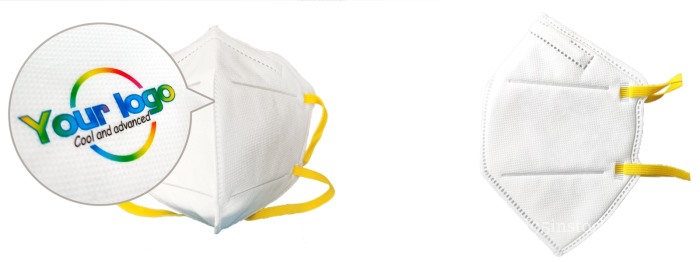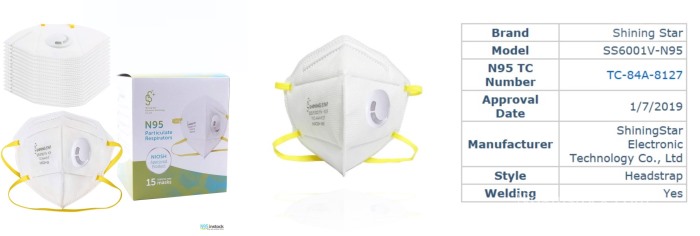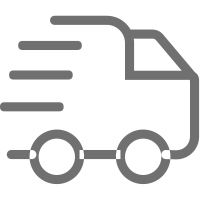When shopping for N95 masks, you may want to look up the NIOSH-approved N95 respirator checklist from the CCD, which will verify the masks you are looking at have been tested and conformed to the NIOSH regulations. If you have questions about a particular mask, you can check if it is listed as NIOSH-approved under the N95. You still want to be sure the industrial N95 mask is on this NIOSH-approved list, and will fit properly, tightly over your face.
While the N95 respirators are best-in-class, you can still get the protection level and fit with other methods of masks. According to CDC, the most effective mask to protect against COVID-19 is a respirator that has been approved by the National Institutes of Health, like an N95. While cloth, reusable masks were recommended until recently, the Centers for Disease Control and Prevention (CDC) and other experts recognize that N95, KN95, or KF94 masks offer the best protection in crowded, indoor settings given the transmissibility of the SARS-CoV-2 Omicron variant.
As public health officials have rushed to minimize spread of the highly infectious Omicron variant, many experts recommend people transition away from cloth or surgical masks toward more protective N95 and KN95 masks. The CDC suggests a surgical mask underneath the cloth mask may provide additional protection if using N95 is not feasible. Because National Institute of Occupational Safety and Health (NIOSH)-approved N95 masks are no longer available, the CDCs guidance suggests individuals can opt to wear NIOSH-approved N95 masks instead of a cloth mask for personal use.

A N95 well-fitting mask approved by NIOSH provides the best protection against COVID-19. NIOSH only regulates products for adults – so although N95 masks may not be an option for your children, protective KN95 or KF94 masks designed for smaller faces or children are alternative solutions. N95 and KN95 masks are best against all COVID-19 virus variants when worn and fitted properly.
The CDC has a list of signs a KN95 respirator may be fraudulent, including manufacturers claims the KN95 mask has been approved or certified by CDC or NIOSH. Because we did not perform our own testing on the masks, we have asked health experts for their opinions on who should wear an N95 respirator, as well as when to wear it, how to source it, and how to buy it. On Jan. 14, the agency released more details on mask differences, and confirmed that some – such as N95 respirators – are more protective than others, such as cloth masks and surgical masks.
The CDCs study builds on mask guidelines that CDC released earlier this year, detailing the varying levels of protection offered by different types of masks — with N95 respirators topping the list. In its consumer-facing guidance for masks, CDC notes that N95s and other NIOSH-approved respirators are the most protective options. The company says that its NIOSH-certified Respokare N95 respirator masks use advanced antiviral technologies that can block up to 95% of fine particles, and also helps to inactivate up to 99.9% particles in minutes, neutralizing germs and viruses at the surface, to help prevent potential exposure in your airstream and lungs.




